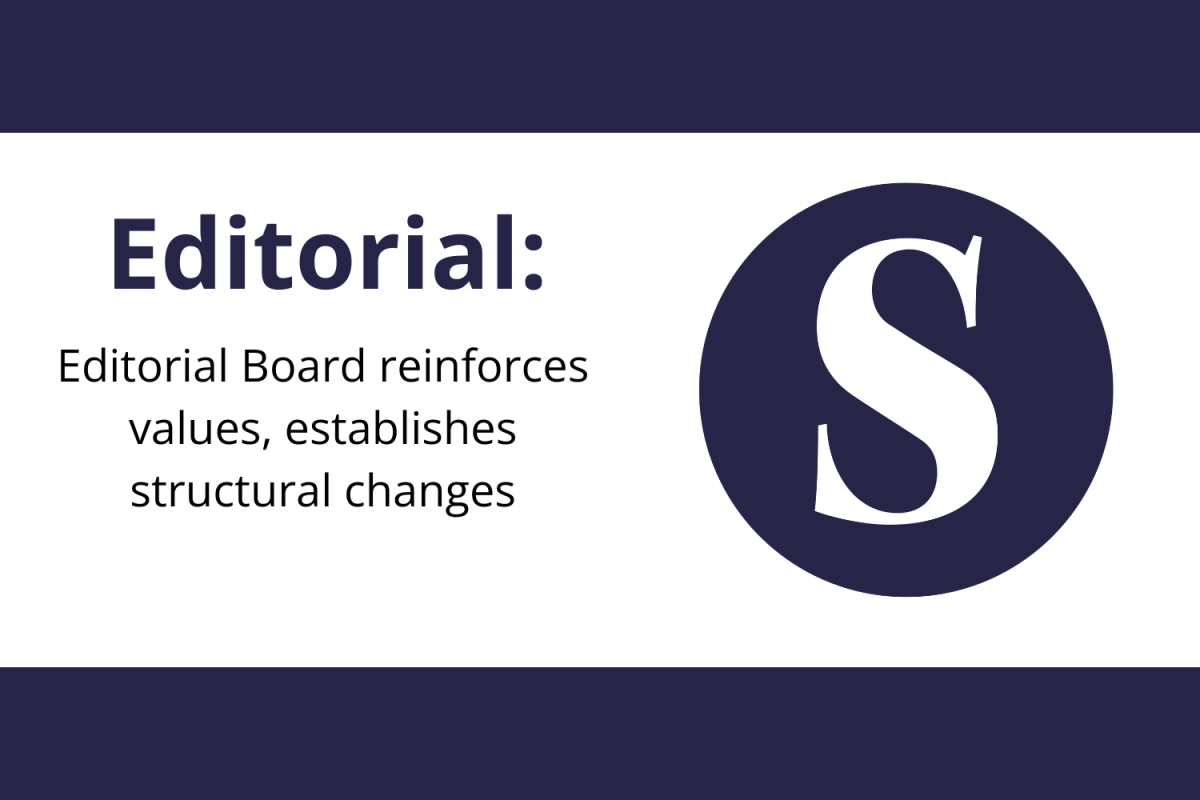When I open my laptop to complete my daily BuzzFeed quizzes, I get stopped by the pop-up question: “Accept all cookies or reject all cookies?” Which should I select? Should I click “show purposes” and read the two-page terms and conditions? At the time, I was inclined to do the new AI BuzzFeed quizzes, so I hastily pressed “accept all cookies” and the question disappeared. I sighed in relief that I got that over with, but in the back of my mind, I thought, “what did I just agree to?”
What even are cookies, though? According to Slash Gear, cookies are text files with small pieces of personal data that are used to identify your computer or account when on any network. All websites ask for users’ cookie preferences as it aids web developers in giving readers a more personal experience. However, cookies and many other online preferences can also violate data privacy and leave users vulnerable.
According to Vox, first-party cookies are based only on the website or network people are on. Since the data within the cookie doesn’t go further than the website, as long as the network is reputable and not compromised, first-party cookies are safe.
On the other hand, third-party cookies are more complicated and troubling. Third-party cookies are made by websites other than the network people are on as they’re linked to the network’s ads. According to CookieYes, when a website states “accept all cookies,” that would include both first and third-party cookies. If the website states “accept necessary cookies,” however, that would imply only first-party cookies.
Almost 90% of educational apps and websites had features designed to collect students’ data for advertising companies.
— Mayuko Kawase
Even though governmental laws such as the UK’s General Data Protection Regulation (GDPR) require most websites to ask for permission on certain cookies, many students and young adults don’t fully understand what exactly they’re accepting.
For instance, according to CBS News, when you can’t decide whether to accept all cookies and click out the box, your cookie settings will automatically be set to the website’s default setting. How would you know what the website’s default settings even are? All this information should be taught to us more as part of our school education. Students are now more involved with technology than ever, and learning about how to avoid dangerous situations when our online information is at risk is currently important. How are we supposed to use the internet as a resource without knowing its clear dangers? We should be taught what it means to safely navigate the internet and what to do if our data privacy is at risk.
Many websites intended for educational purposes still collect data from underage users. According to a survey of 164 different educational websites by the Human Rights Watch, almost 90% of educational apps and websites had features designed to collect students’ data for advertising companies. These educational websites should purely be for educational purposes and nothing else. Nonetheless, most have the intent to use students’ data for other advertising objectives without students’ permission.
High school students should be highly alert to the internet. According to a report produced by the EdWeek Research Center, 94% of American school districts store student data in the cloud. However, 50% of schools don’t have cloud security or aren’t even sure if cloud security exists in their data storage.
Even though governmental laws such as the UK’s General Data Protection Regulation (GDPR) require most websites to ask for permission on certain cookies, many students and young adults don’t fully understand what exactly they’re accepting.
— Mayuko Kawase
Nevertheless, educators can teach students about data privacy.
One of the main lessons any educator or a tech educator can teach high school students is data tracking vocabulary terms. Specifically, we would all be much more aware of what we’re accepting or allowing if we knew what terms such as cookies, behavioral targeting and digital citizenship meant.
We have never been adequately informed about all these terms and may never fully understand them, even though they’re significant parts of our data protection. However, that can change with the right education and awareness.
At ASL, we have many opportunities to learn about data privacy and its dangers. We could host assemblies where the tech office can lead a discussion on online data privacy. The discussion can delve into misinformation and how to differentiate between reliable platforms and non-reliable platforms.
We can further provide opportunities for high school students to learn about the dangers of data privacy through mini-lessons in advisory, where students can learn from knowledgeable speakers and research about data privacy themselves. This way, students can learn about data privacy individually and then share what they have learned with their peers.
Ultimately, with the amount of time students spend on the internet, learning about the basics of danger privacy and its dangers is an absolute necessity for students’ online safety.











